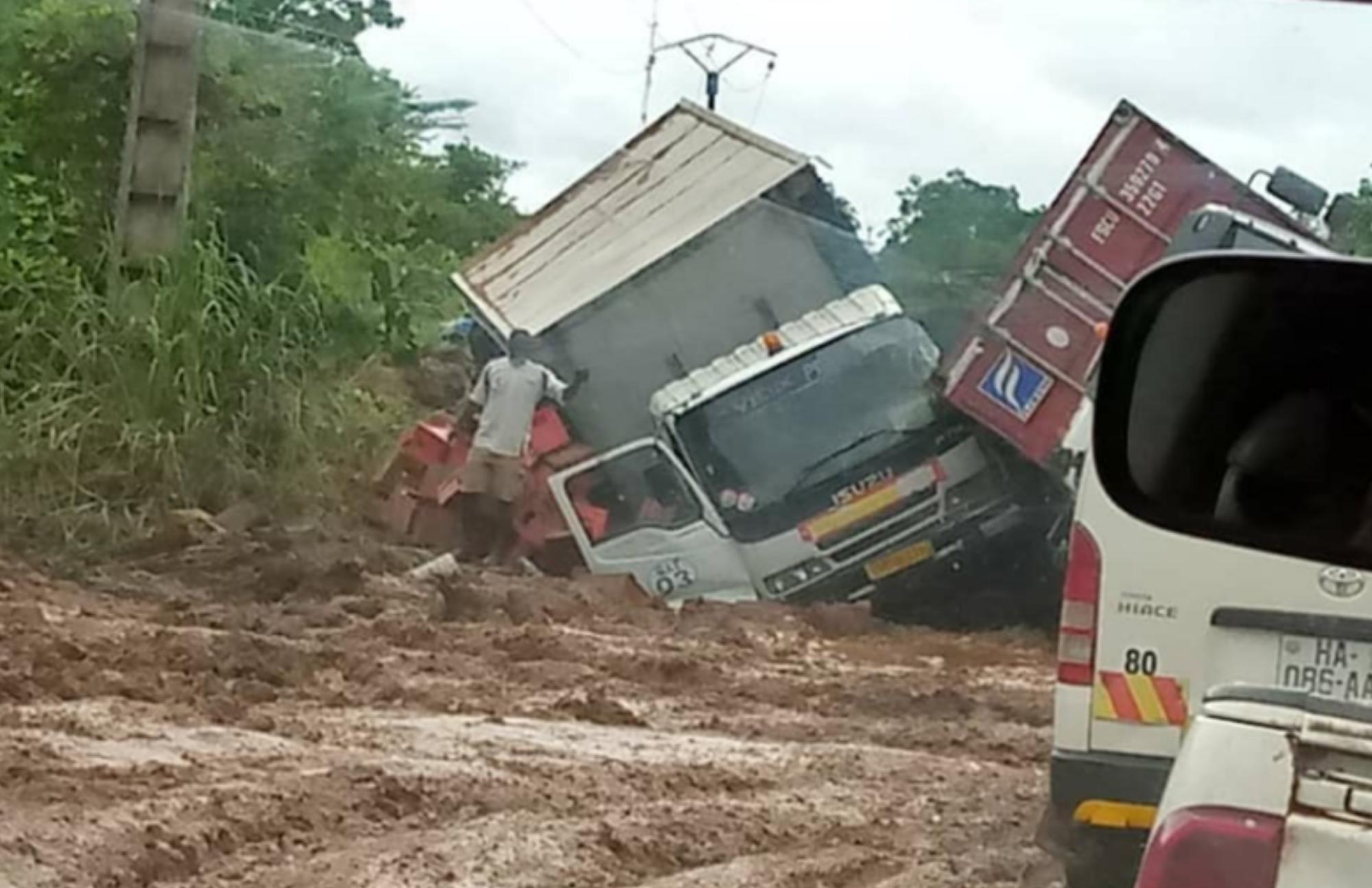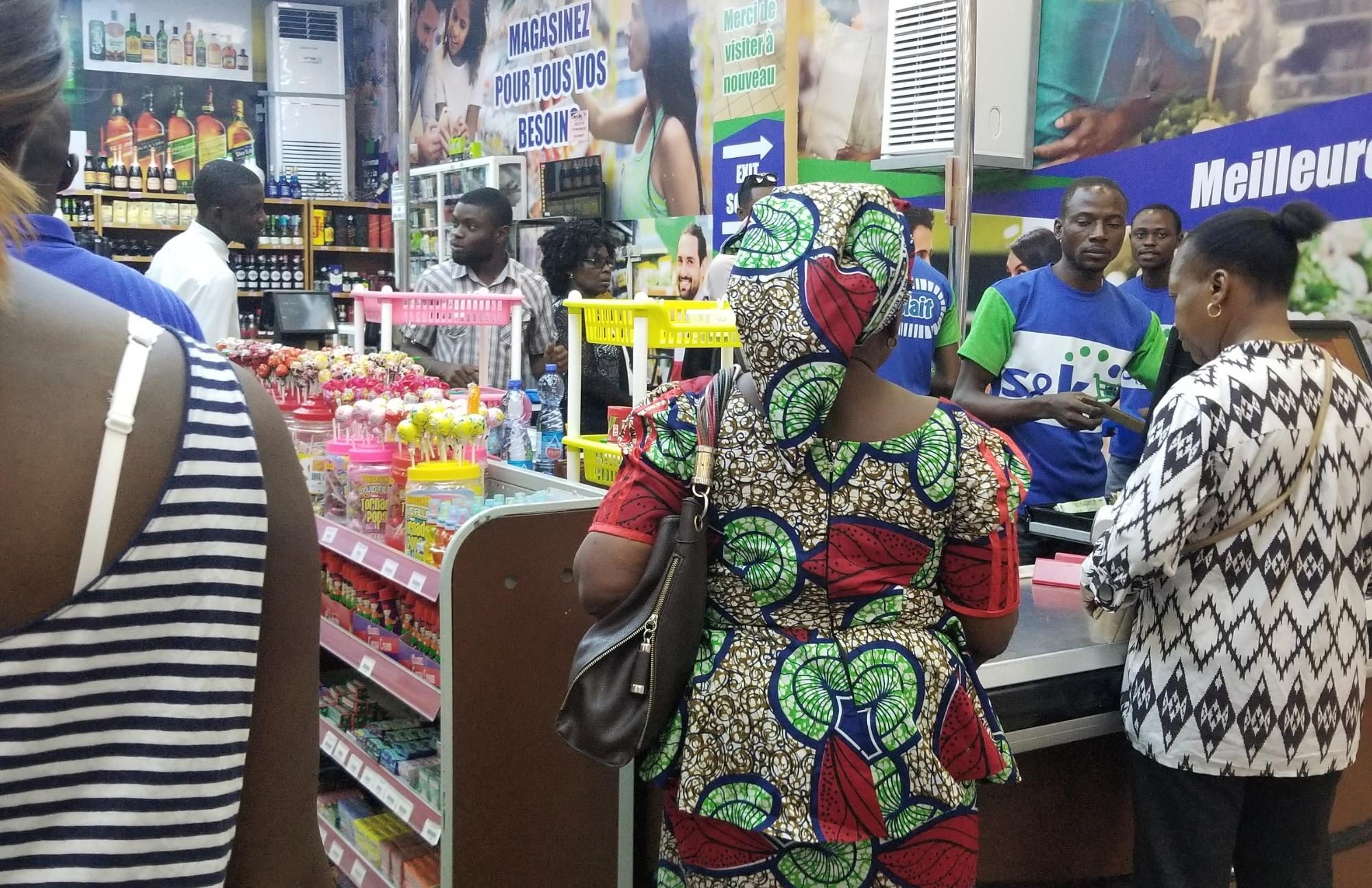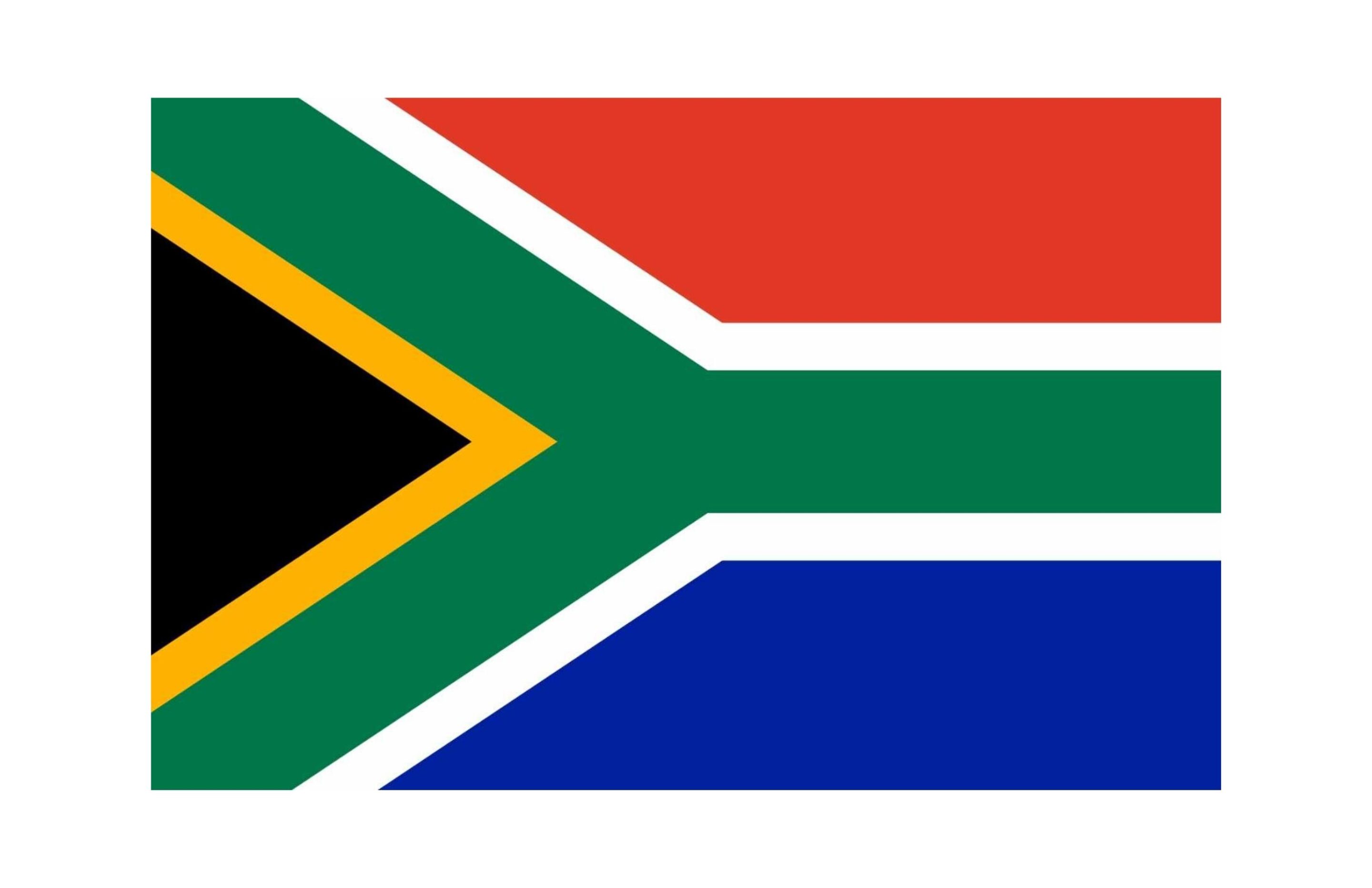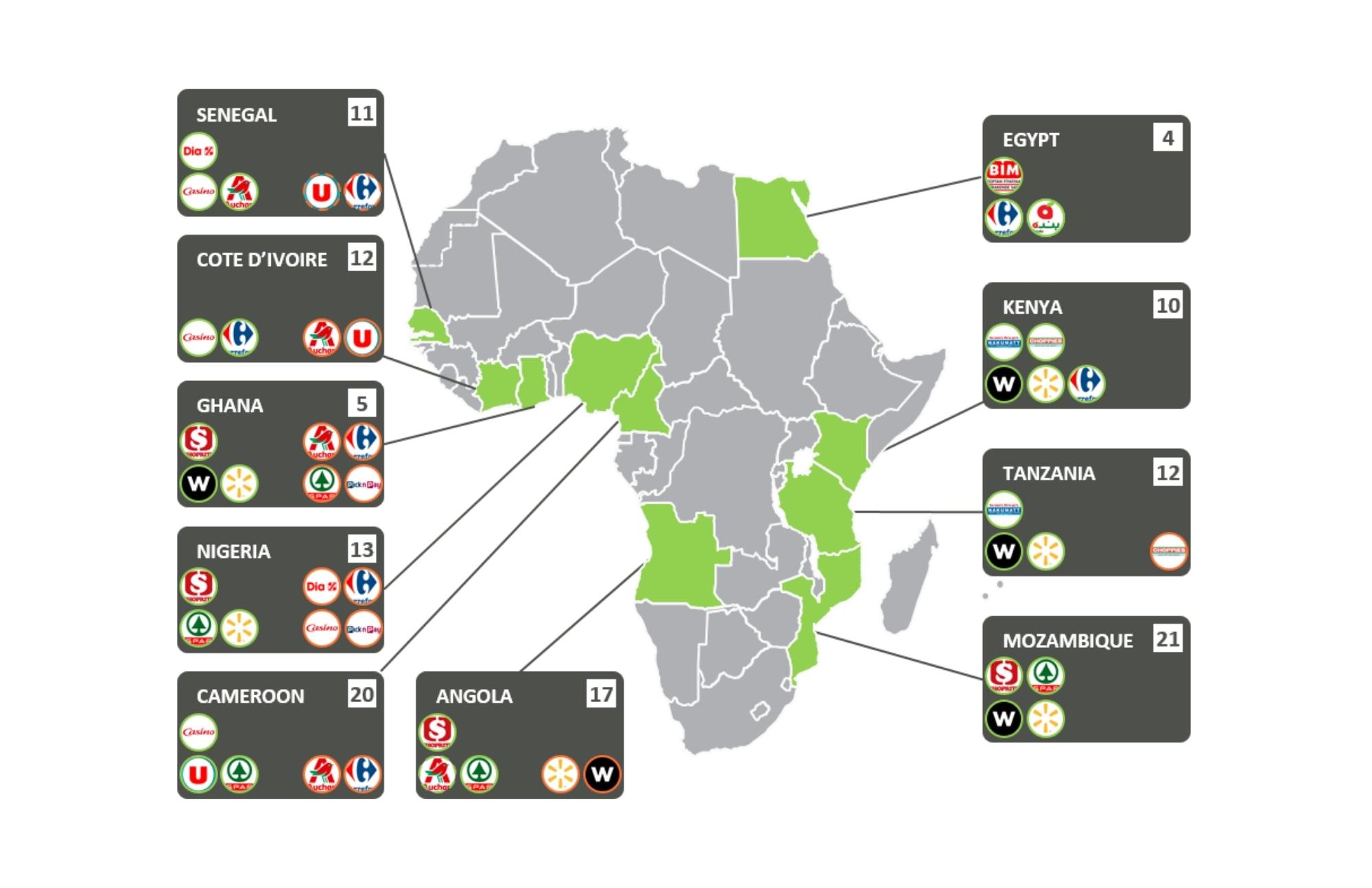We’ve been thinking about the fluidity of informal intra-regional trade in Central Africa. We were particularly interested in how goods flow out of Pointe Noire, The Republic of Congo, and the links to Kinshasa in the Democratic Republic of Congo. When we think about The Republic of Congo, as a standalone country, we naturally centre in on the cities with large population densities, notably Pointe Noire as the entry seaport city and the capital Brazzaville.
There is another city of central regional importance to intra-regional trade called Dolisie (also known as Loubomo). Located 165km east of Pointe Noire, between the two major population hubs of Brazzville and Kinshasa, it is easy to overlook. Dolisie is also at the axis of two major road networks which connects it to the Brazzaville-Libreville trade corridor, linking Congo with Gabon. Dolisie does not stand out on the map as an important trading hub but it is, especially for informal trade.
There are three major infrastructure projects impacting Dolisie.
· The planned dry port at Dolisie
· The Brazzaville to Libreville road corridor improvements
· The Brazzaville- Kinshasa land bridge
The Republic of Congo and the Economic Community of Central African States have agreed to fund the creation of a “dry port” in the city to relieve congestion in the Port of Pointe Noire, movement of all port and administrative operations, and improve the management of the port infrastructure. The dry port would constitute a “multimodal terminal” where road convoys load and unload products for various destinations across Central Africa.
In the CEMAC region 90% of goods move by road and many roads are in poor condition. The African Development Bank has financed over $8bn in road developments pan Africa to improve trade flows. This included funding $140m to upgrade the 272km Ndendé-Doussala-Dolisie section which is the missing link on the corridor connecting Brazzaville to Libreville. Key outcomes included reduction of truck journey times from Ndendé in Gabon to Dolisie from 3 days to 4.5 hours.
Brazzaville and Kinshasa are only separated by an 8km stretch of the Congo river with goods moving across the water in both directions. There has been a longstanding project to build a bridge to connect these two major capital cities. The African Development Bank has agreed to fund a loan of $210m and work will start in 2021.
So why does it matter? Dolisie will become the most important trading axis in Central Africa by 2030, given the connection between regional markets and the port to the conurbation of Brazzaville/Kinshasa, which has a population of 15m people.
The implications for distribution affect whether a single distributor has the capacity to cover these increasingly fluid trade flows. Regional wholesalers will become increasingly more important, particularly in Dolisie and Brazzaville.
Exclusive market (i.e., country) distribution arguably is not the right model when intra-regional trade flows freely. This could impact current distributor relationships negatively and may see the emergence of more master importers responsible for regional clusters. It may also encourage large regional wholesalers to move to a direct import model.
The lesson from Dolisie is that intersections of transport networks become important commercial hubs driving wholesale trade. This is true especially for road and rail junctions, which are increasingly supported by major infrastructure investments. With the growing role of the African Continental Free Trade Area (AfCFTA) in promoting frictionless trade, intra-regional trade is growing and formalising. Particularly in smaller countries and border areas, thinking regionally, rather than nationally, is key to an effective distribution strategy.









